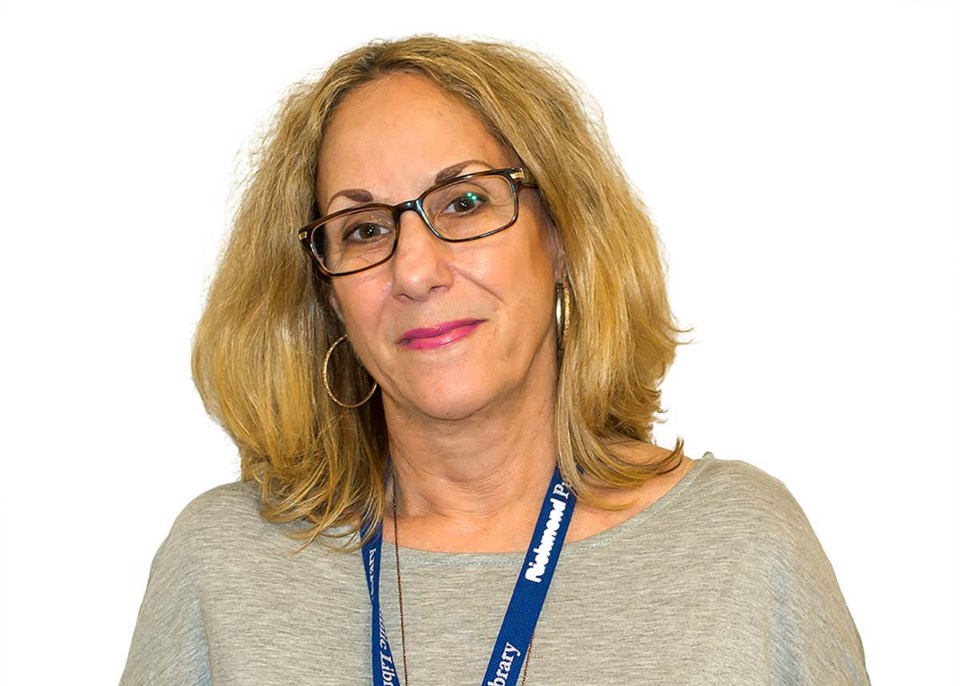I have no kids, so who’s going to take care of me when I’m old and infirm? My husband does a great job of it now (while I’m still healthy), but he’s almost eight years older than me. Do the math. After reading an article called “Who will take care of me?” by Steven Petrow, it got me thinking. With seniors living longer, and so many divorced, widowed, never-married, and childless adults in society, it’s become a pressing issue.
Author Sheila Warnock wrote a book called Share the Care: How to Organize a Group to Care for Someone Who is Seriously Ill. The concept doesn’t necessarily apply just to someone who’s sick; it could be someone who’s isolated and lonely, or just out of hospital, or recently widowed. In short, someone who could use a helping hand or even just a friendly visit. With so many Canadian adults over the age of 75, it begs the question of who’s going to look after them all?
It should be something we think about sooner rather than later. Because when you’re in the throes of trying to help someone who’s very sick or who lives alone and has dementia, time is of the essence. We can’t start trying to mobilize a group of helping hands while we’re driving an elderly relative to the hospital after a fall. When you’re in the eye of the hurricane, you’d better have a plan A, B and C.
When you think about all the chores that need doing on a regular basis – cooking, cleaning, shopping, paying bills, going to appointments – you can see how overwhelming it might be if you’re old or unwell. Enter “Care Circles”, groups of like-minded people who will step up to the plate when the call comes in. It’s a support network of the most critical kind. They’re groups of caring individuals that can help a 90-year-old senior who’s getting renovicted and has to find a place to live. Or that friend with cancer who just had chemo and needs a meal. For a compassionate society to thrive, there must be a system in place to take care of people before they need it. We can’t always rely on government to do that.
My challenge to myself is to gather together friends who I believe are compassionate, loving people and ask them to join my “Care Circle.” I’ll point out the seriousness of the commitment and see what each person can offer, when the time comes to help someone. We can’t just hope things will fall into place.
Before we get old, and as responsible individuals, we need to gather together important documents (wills, financial documents, advance medical directives, powers of attorney) and let a trusted family member or friend know where we keep them. And if you’re single, I suggest putting together an emergency contact list and leaving it somewhere visible. Just in case.
In my 40s, when I was still single, I suggested to my other single friends that if we’re all still alone when we’re 75, we should rent a big house together and look after each other. In a perfect world, maybe. In Metro Vancouver, ca-ching, ca-ching (read: financially impossible). So, get your “Care Circle” started!
Shelley Civkin, the retired “Face of Richmond,” was a Librarian & Communications Officer at Richmond Public Library for nearly 30 years, and author of a weekly book review column for 17 years.



